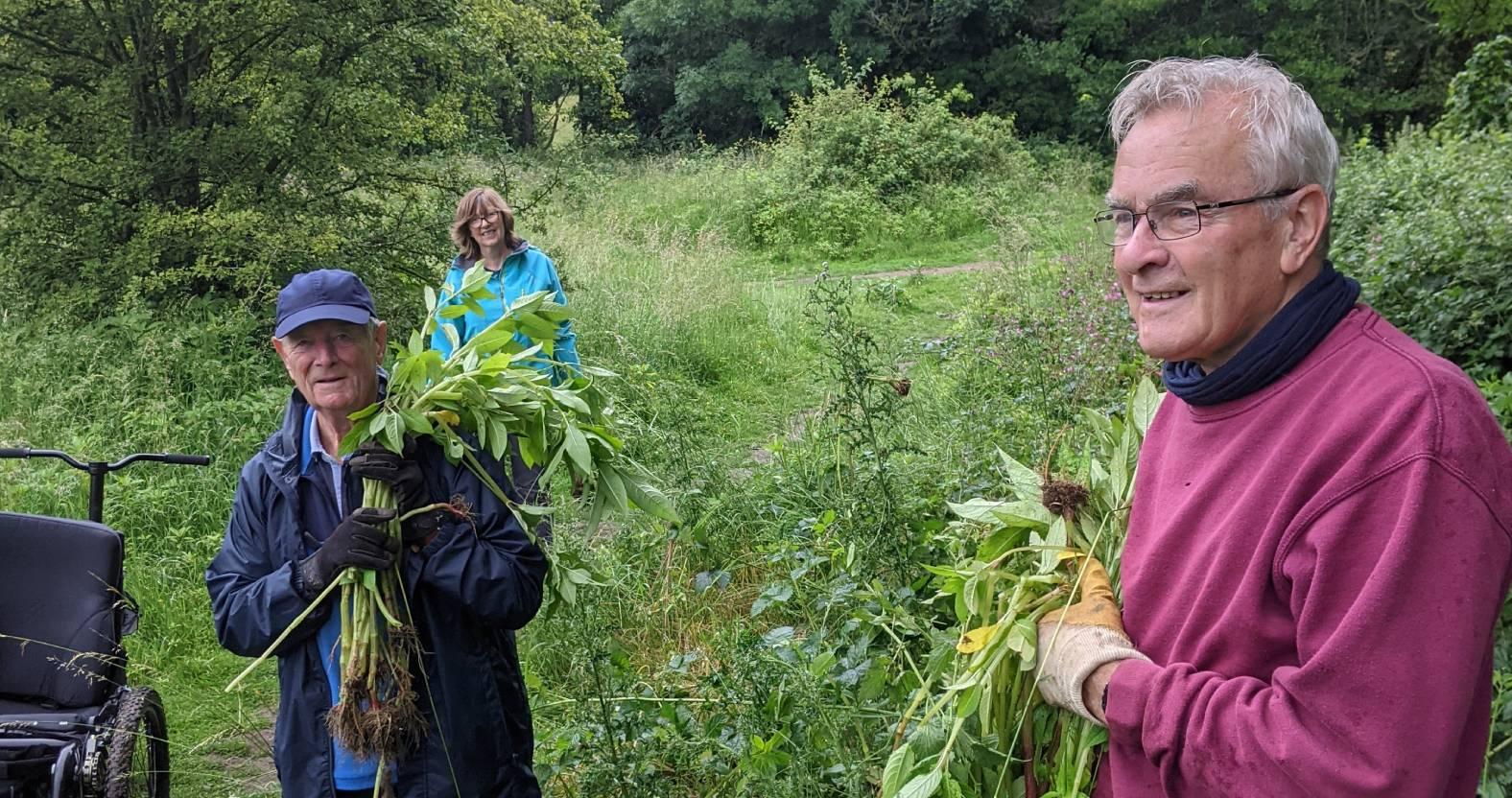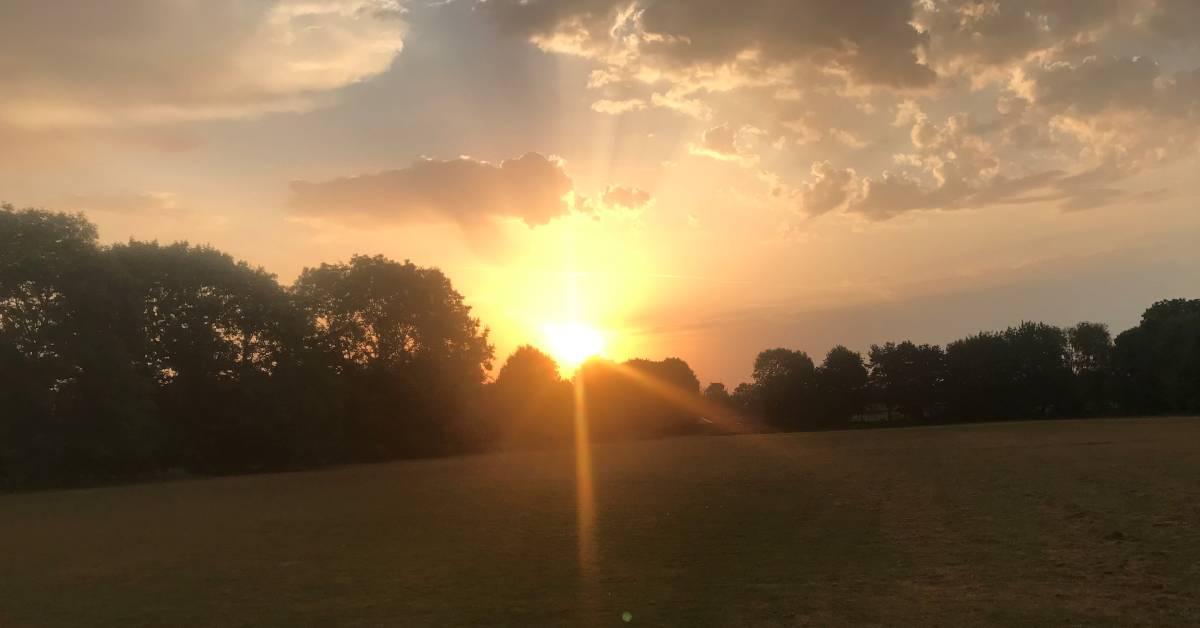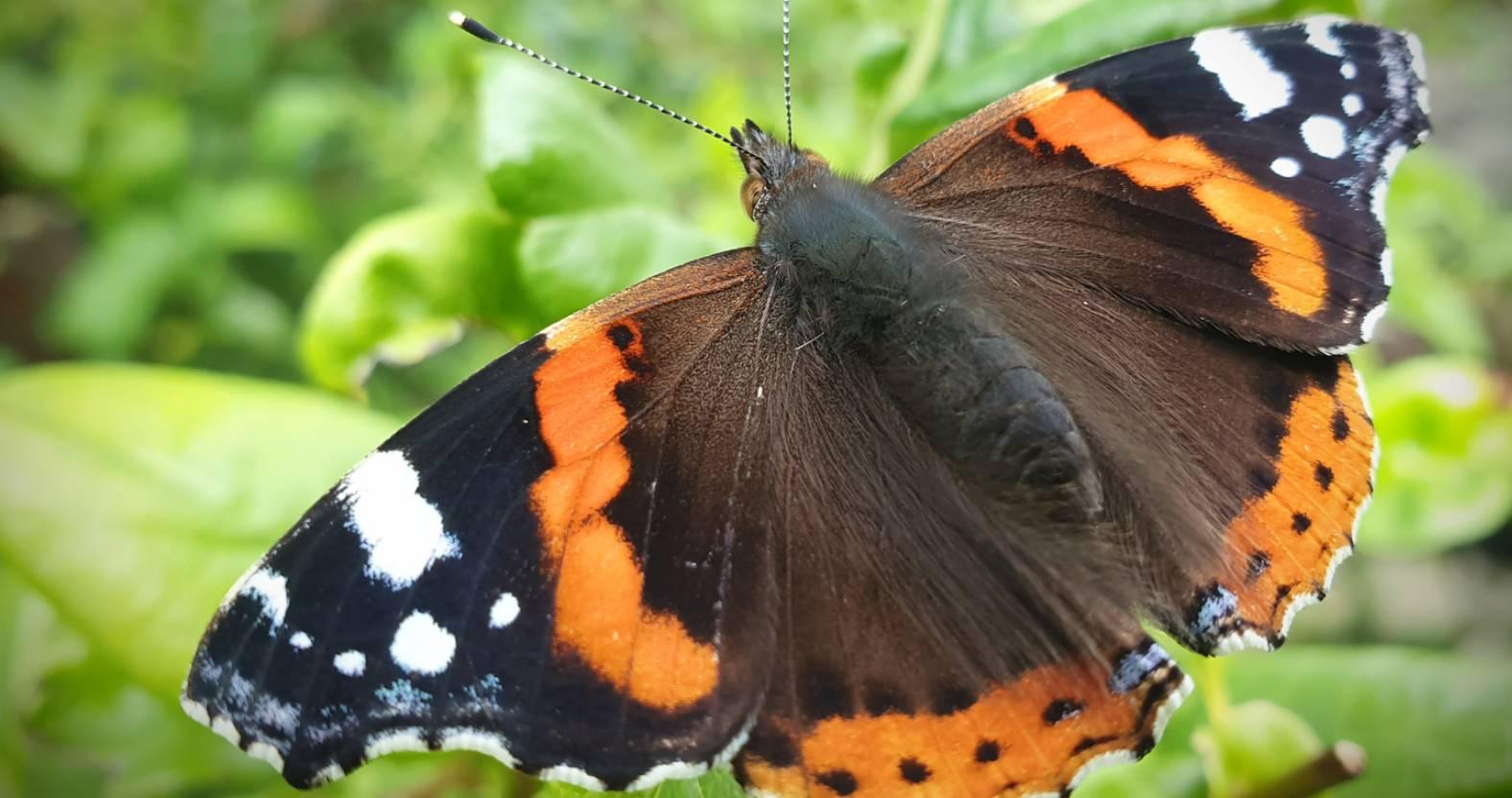15
Jan
Friends of Ripon nature reserve to hold annual meeting

This article is free to read. To access all of our content, from as little as 14 pence a day, please subscribe here.
From bats to butterflies and wildflowers to weeks of whacking the Himalayan Balsam, 2024 proved busy for a tireless team of Ripon environmental volunteers.
On Thursday (January 23) the Friends of Hell Wath who are tending to and transforming the local nature reserve located to the west of the city, can reflect on a year of progress, while looking forward to the tasks that lie ahead,
The group's annual meeting, which starts at 7pm, is being held at Allhallowgate Methodist Church Hall. Among the agenda items that include the appointment of trustees, there will be an opporunity to hear an update from the Skell Valley Project and a presentation about the potential for an archaeological investigation at the nature reserve.
Plantlife, the national charity, will be speaking about the partnership work principles it will be using to support Hell Wath over the coming months and attendees will be able to find out more about a range of activities including the bat, butterfly and plant surveys, shrub and tree planting and wildflower planting.

The dawn of another day of volunteer activity at Hell Wath
Battling the balsam
One area of activity that has become an annual hard slog for the volunteers is the highly-invasive Himalayan Balsam, which covers large areas of the Hell Wath site, but there is some good news.
Friends secretary Jeremy Dunford, said:
After the application of Himalayan Balsam Rust over the last few years —funded by DEFRA and provided by tbe Centre for Agriculture and Biosciences International — monitoring was undertaken to see if it has taken.
We are pleased to say that there is clear evidence of the spread of the rust with damage to leaves and stems up to 65 metres from the application sites.
Large areas, not where rust has been applied, were pulled and scythed this year with support from members, volunteers and local scout, guide, cub and brownie groups. Scything of open areas was undertaken as well although previous scrub clearance left stumps that made it difficult at times to scythe low enough. This has slowed the spread and growth but needs further focussed work.

Hell Wath volunteers take part in the annual butterfly survey, where they see varieties including the Red Admiral. Pic: Friends of Hell Wath
0